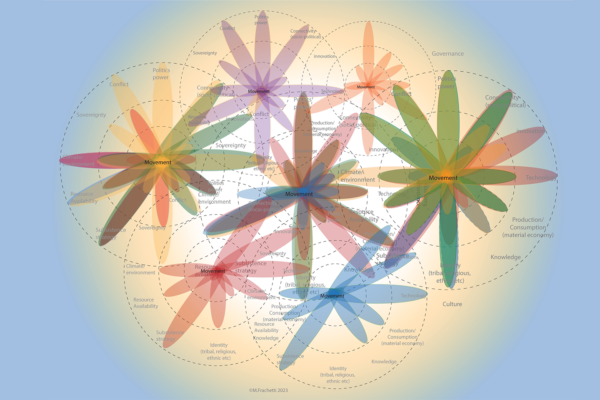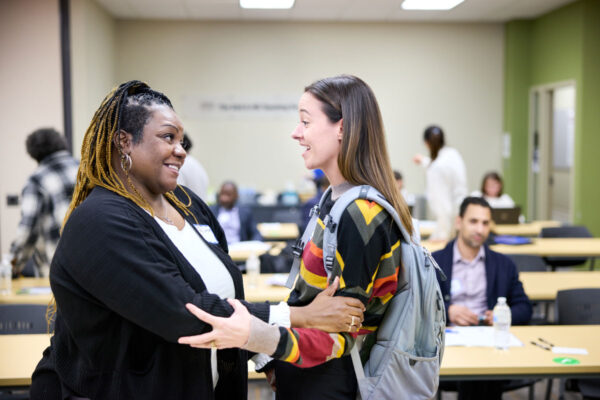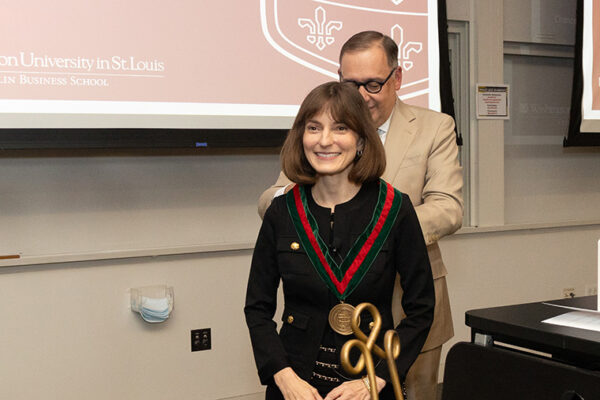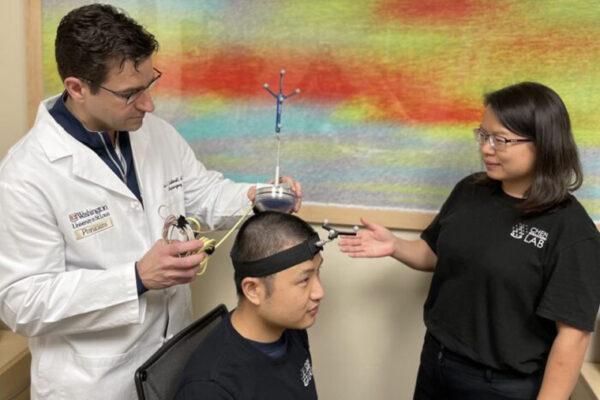New tool to enable exploration of human-environment interactions
In a new Science Advances report, a team of researchers led by Michael Frachetti in Arts & Sciences is calling for a strengthened commitment to transdisciplinary collaboration to study past and present human-environmental interactions, which they say will advance our understanding of the complex, entangled histories.
Long-COVID clinic expanding reach to vulnerable metro, rural communities
A collaboration led by the School of Medicine aims to advance long-COVID care in medically vulnerable and underserved communities in the St. Louis metropolitan region and in rural Missouri. The WashU team won a five-year federal grant totaling $4.5 million.
Mapping soundscapes everywhere
Nathan Jacobs at the McKelvey School of Engineering developed a new framework for predicting the types of sounds that are likely to be heard at a given geographic location. Soundscape mapping has applications in urban planning and noise management, as well as in individual decisions about where to buy a home or establish a business.
Navigating political discussions at holiday gatherings
Planning to stay mum around the holiday table when the subject of politics comes up? Political scientist Taylor Carlson, in Arts & Sciences, says we would be better off learning to have open, respectful conversations with one another — especially with those who have opposing viewpoints.
School of Law tax clinic helps St. Louis woman keep her home
Students and faculty working with the Low Income Taxpayer Clinic at the Washington University School of Law were able to help a St. Louis woman reduce her tax debt and keep her house.
LeBoeuf named inaugural Joyce and Chauncy Buchheit Distinguished Professor
Robyn LeBoeuf, a professor of marketing and co-vice dean of faculty and research at Olin Business School, was installed as the inaugural Joyce and Chauncy Buchheit Distinguished Professor during a ceremony at the school’s Charles F. Knight Executive Education Center.
Open enrollment privacy concerns
During this open enrollment season, parents should consider privacy implications when adding their adult children to their health insurance plan, said a health insurance expert at Washington University in St. Louis.
Founders Day recognizes faculty, alumni, friends
The university community came together Nov. 4 at its annual Founders Day celebration to honor the outstanding achievements of some of the university’s most distinguished faculty, alumni and friends. The event was held at the St. Louis Union Station Hotel.
Device for noninvasive brain biopsies via blood draw moves closer to market approval
A device aimed at enabling physicians to perform noninvasive blood-based biopsies in adults with brain tumors has received Food and Drug Administration “Breakthrough Device” designation. The device includes Washington University technology.
The lost art of co-existence
The Performing Arts Department will present “God of Carnage,” Yazmina Reza’s scathing satire of bourgeois manners, righteous fury and parental ego, in the A.E. Hotchner Studio Theatre Nov. 16-19.
View More Stories









